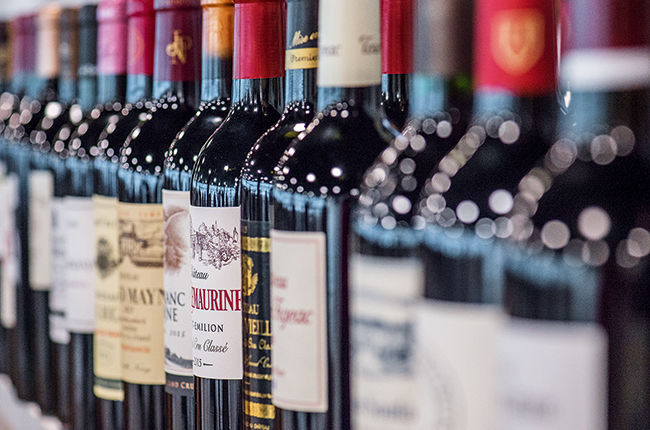A ripe, rich and silky Bordeaux 2018 vintage, adjusted by freshness in the best cases, has gathered enthusiasm among buyers trades.
‘We accept 2018 is the most energizing red wine vintage since 2010, regardless of whether not as homogenous overall designations as 2015 and 2016 were,’ said Shaun Bishop, CEO of JJ Buckley in California.
‘There is a greater amount of everything in 2018 – tannin, organic product, liquor, power, and freshness – and we trust the wines are appropriate to the American sense of taste and ought to be generally welcomed once discharged into the market.’
On the East Coast, Phil Bernstein, general director of MacArthur Beverages in Washington DC, agreed with critics that the wines were ‘good overall’, despite the fact that he included, ‘a few wines were excessively disconnected and some equitable “an overdose of something that is otherwise good” for my taste’.
Will the still-in-barrel 2018 vintage revive the US showcase for Bordeaux prospects?
Costs need to descend at any rate to 2015 dimensions, and conceivably more, for prospects deals to work, as indicated by a few US industry agents.
Jeff Zacharia, of Zachys in New York, said Château Angélus set a ‘generally excellent tone’ with a 2018 en primeur discharge that was down 8.7% versus 2017, at €252 ex-Bordeaux. That is a similar discharge cost concerning its proclaimed 2015 vintage.
A few US vendors were this week offering Angélus 2018 in bond at around a 10% markdown on the 2017 vintage. The wine, which was scored very by Decanter’s Jane Anson, additionally got a warm reaction in the UK.
Taking a gander at Bordeaux 2018 prospects valuing in the US all the more, for the most part, Bishop said that this dimension of decrease was ‘obviously insufficient to make fervor and a genuine inspiration to purchase [today]’.
He said that 2018 estimating ‘ought to be diminished by 15-20%’ from 2017 to do as such.
A few brokers are additionally worried at the possibility of additional levies on European Union wines entering the US – a move as of late undermined by US exchange authorities inside a question with the EU at the World Trade Organization.
Priest stated, ‘I am worried about potential wine duties, and explicitly the obscure rate of such levies, since given the idea of fates, this turns into a lot greater issue than if the wine was sold in a jug, prepared for conveyance now.’


